Unit 2: On What is Morality Grounded?

Photo: Colleen Hayes / NBC.
With this module, we begin Unit 2 of the course, which primary focuses on a couple basic questions from metaethics: On what is morality grounded? How do we resolve disputes between different people about what is right and what is wrong?
Indeed, with disagreements over morality seem so common, it may be tempting to say that there are no right answers to ethical and moral issues. Perhaps morality is simply grounded on, or relative to, our own society and culture? In this module, we analyze and evaluate that popular idea, which is known as Cultural Relativism.
To focus our analysis, we have 4 learning outcomes. By the end of this module, you will be able to…
- Explain the idea of Moral Relativism and how Cultural Relativism is one version of it,
- Recognize the nature and appeal of Cultural Relativism,
- Assess the anthropological reasons justifying Cultural Relativism, and
- Summarize a reductio ad absurdum argument against Cultural Relativism.
Read & Annotate This:
|
Trying Out One’s New Sword 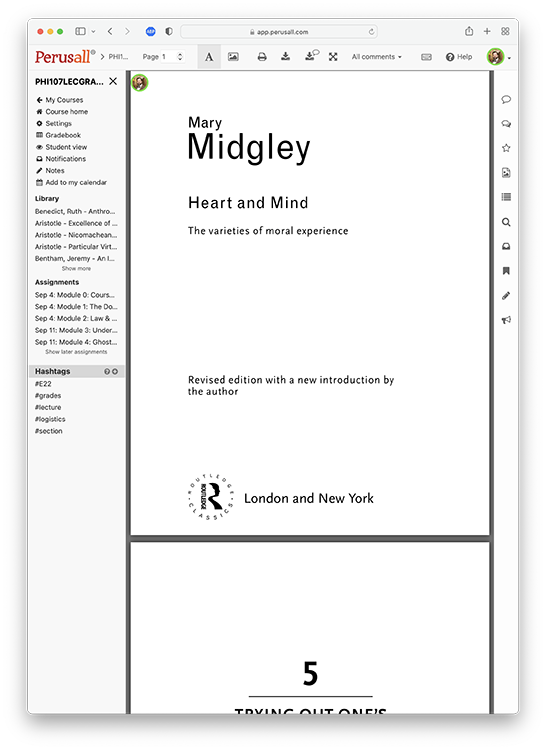
|
Context
Moral Relativism is the position denying the existence of objective and universal moral values, norms, and principles that apply to all people everywhere. Instead, ethical relativism affirms that whether it is morally right or wrong for a person to act in a certain way depends on (“is relative to”) either cultural or individual acceptance.
As a result, there are two different versions of Moral Relativism:
- Cultural Relativism, which claims that morality is a matter of social/cultural acceptance; that is, morality is solely determined by the customs and laws of one’s society/culture; and
- Ethical Subjectivism, which claims that morality is a matter of individual acceptance; that is, morality is solely determined by one’s own personal reactions or feelings.
In the reading for this module, Mary Midgley (1981/2003) presents an argument against cultural relativism (which she disparagingly calls “moral isolationism”) because it entails some extremely unappealing consequences.
If you are curious to know why anthropologists are particularly attracted to Cultural Relativism, I have included (in the optional “Curious for More?” section below) a classic article by Ruth Benedict (1934). In this, she presents observations from her anthropological research on the customs and behaviors of indigenous North American peoples. From these observations, she concludes that Cultural Relativism is obviously correct.
(What about Ethical Subjectivism? We will cover that in the next module!)
Reading Questions
As you read, keep these questions in mind:
- Mary Midgley claims that “moral isolationism would lay down a general ban on moral reasoning” (1981/2003, p. 83). How does she justify this claim? Why does Midgley believe that this is sufficiently strong reason for rejecting moral isolationism?
- Moral Relativists would argue that it would be wrong for me (as an American) to criticize the practice of tsujigiri by feudal Japanese Samurai. What is Midgley»s argument that it is neither intolerant nor disrespectful for me (again, as an American) to criticize this foreign practice? On Midgley’s account, what is needed for such criticism to show that I took the Samurai quite seriously without prejudice? (Hint: to answer this last question, consider how Midgley describes a conversation between a critic of tsujigiri and a possible defender of that practice.)
- If Moral Relativism is correct, how does justification in ethics work? In other words, according to Cultural Relativism, what is the “right” way for getting others to agree with you concerning what is morally right and what is morally wrong?
Although I strongly suggest that you write out brief answers to these questions, you do not have to turn in written responses. You do, however, need to be prepared to answer questions like these on module quizzes and the unit exams.
References
Benedict, R. (1934). Anthropology and the abnormal. Journal of General Psychology, 10(1), 59–82.
Midgley, M. (2003). Trying out one’s new sword. In Heart and mind: The varieties of moral experience (revised ed., pp. 80–87). Routledge. (Original work from 1981)
Watch This:
|
Video 1 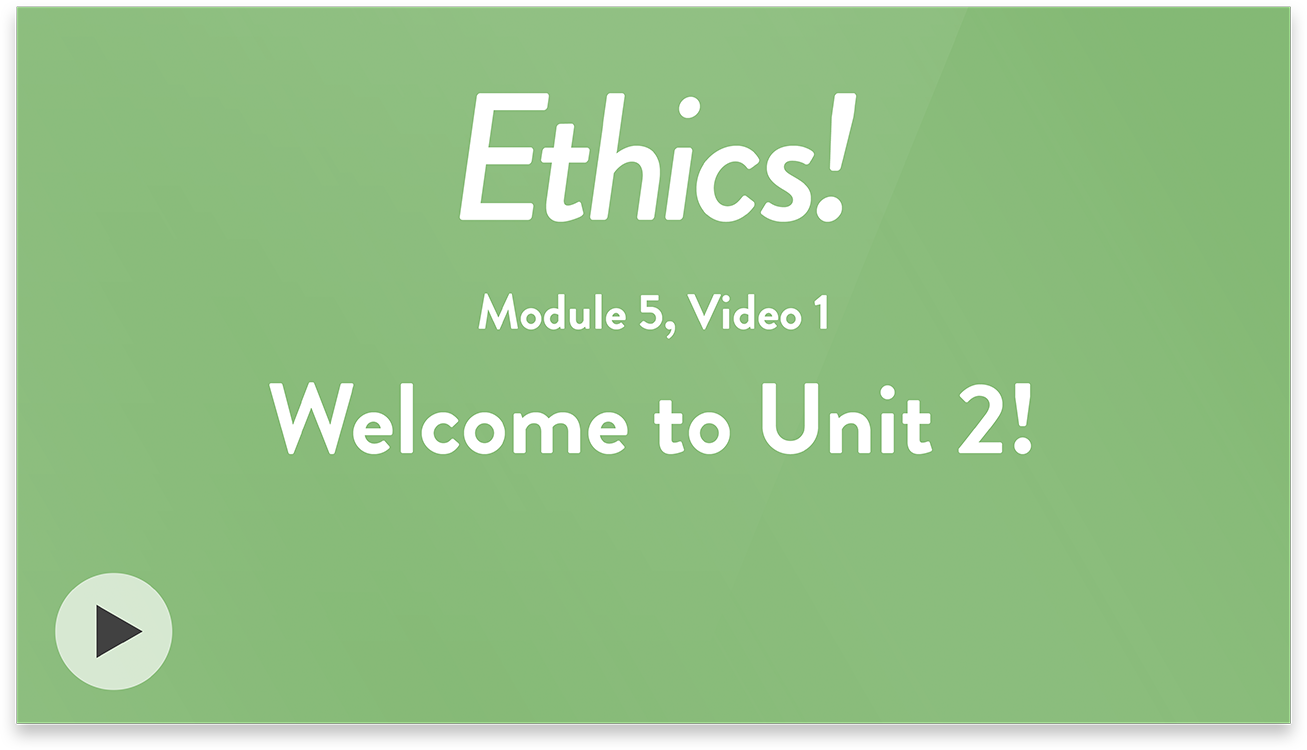
|
Video 2 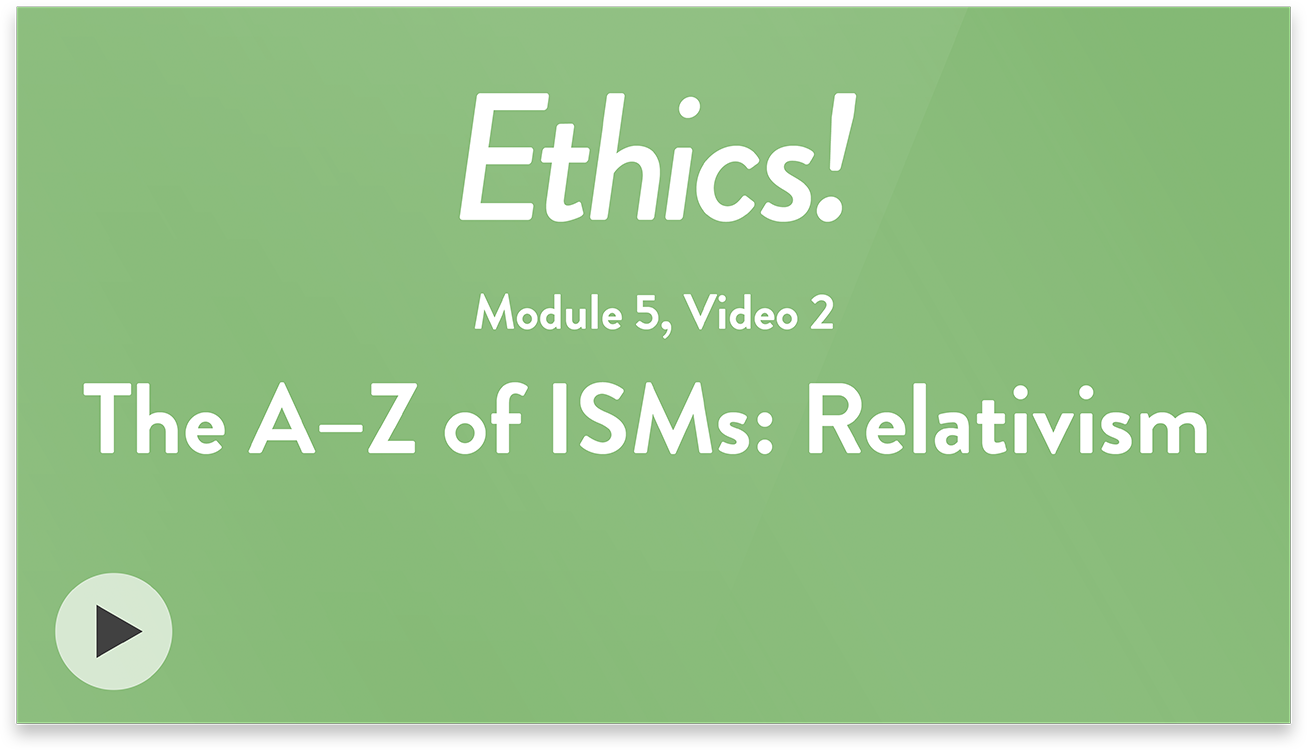
|
|
Video 3 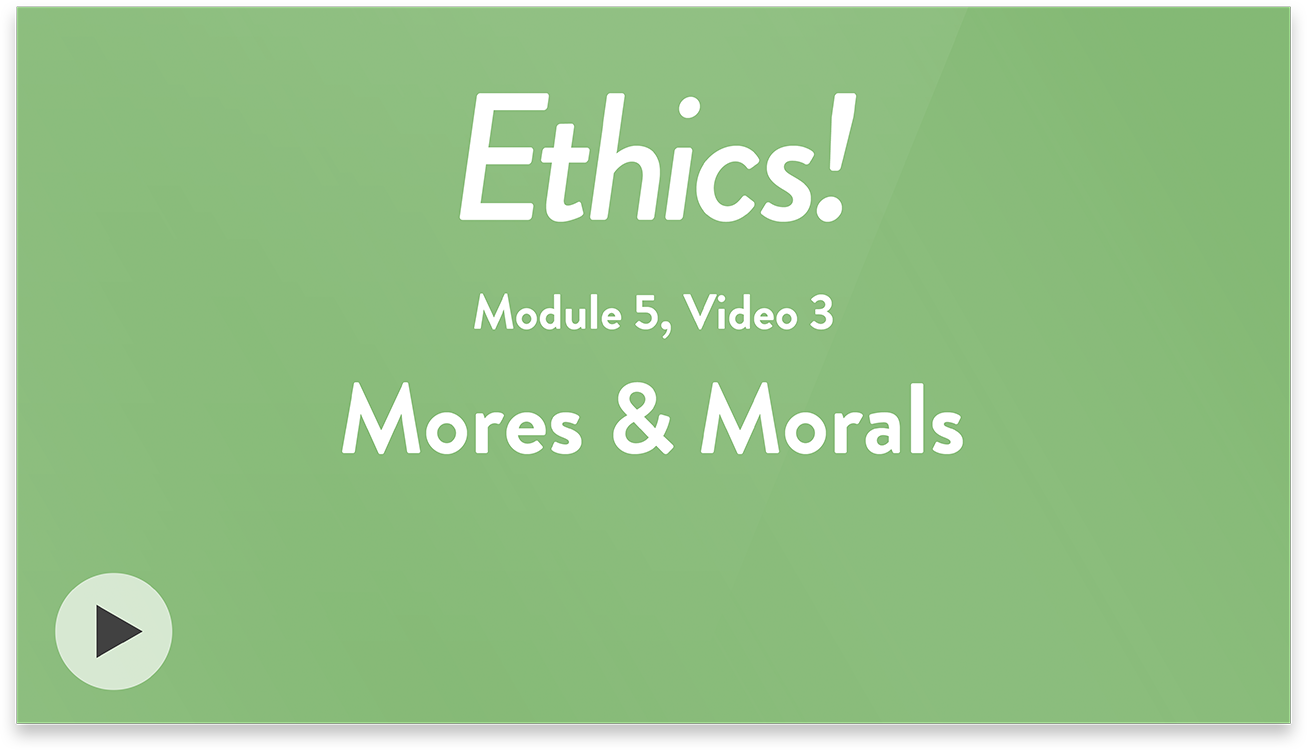
|
Video 4 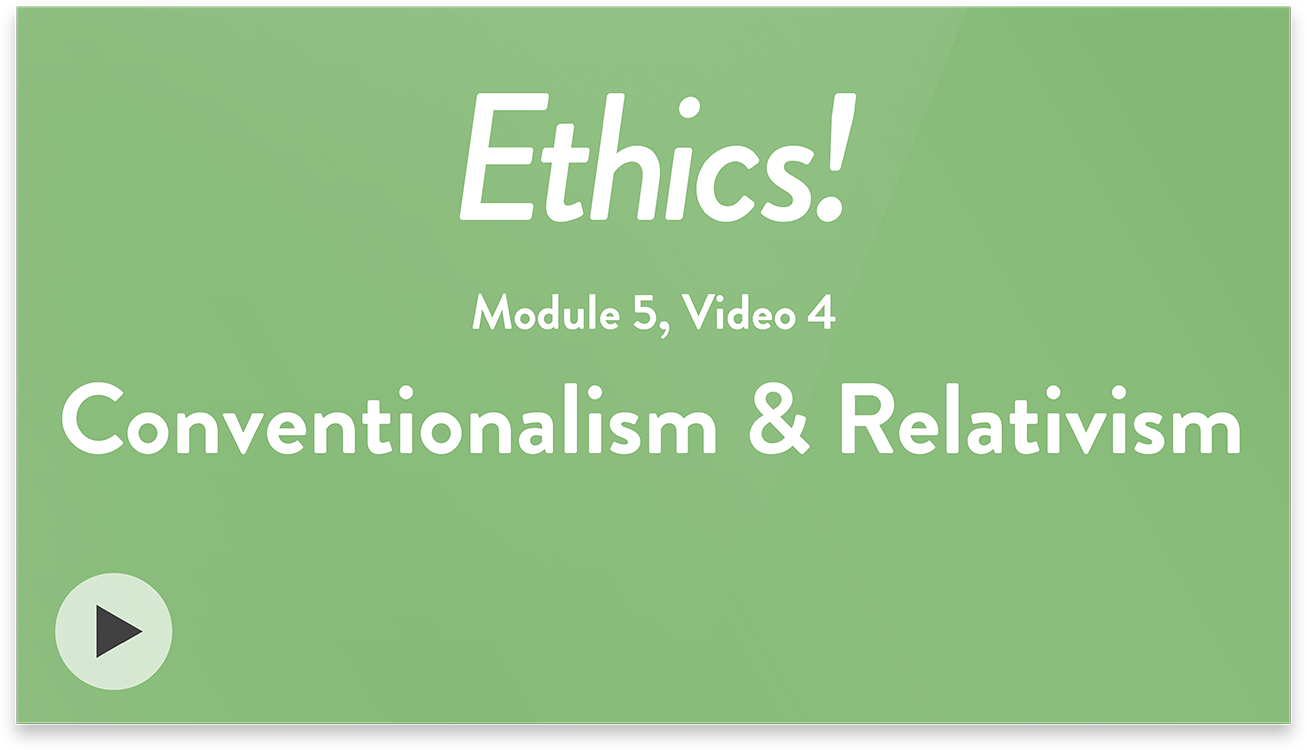
|
|
Video 5 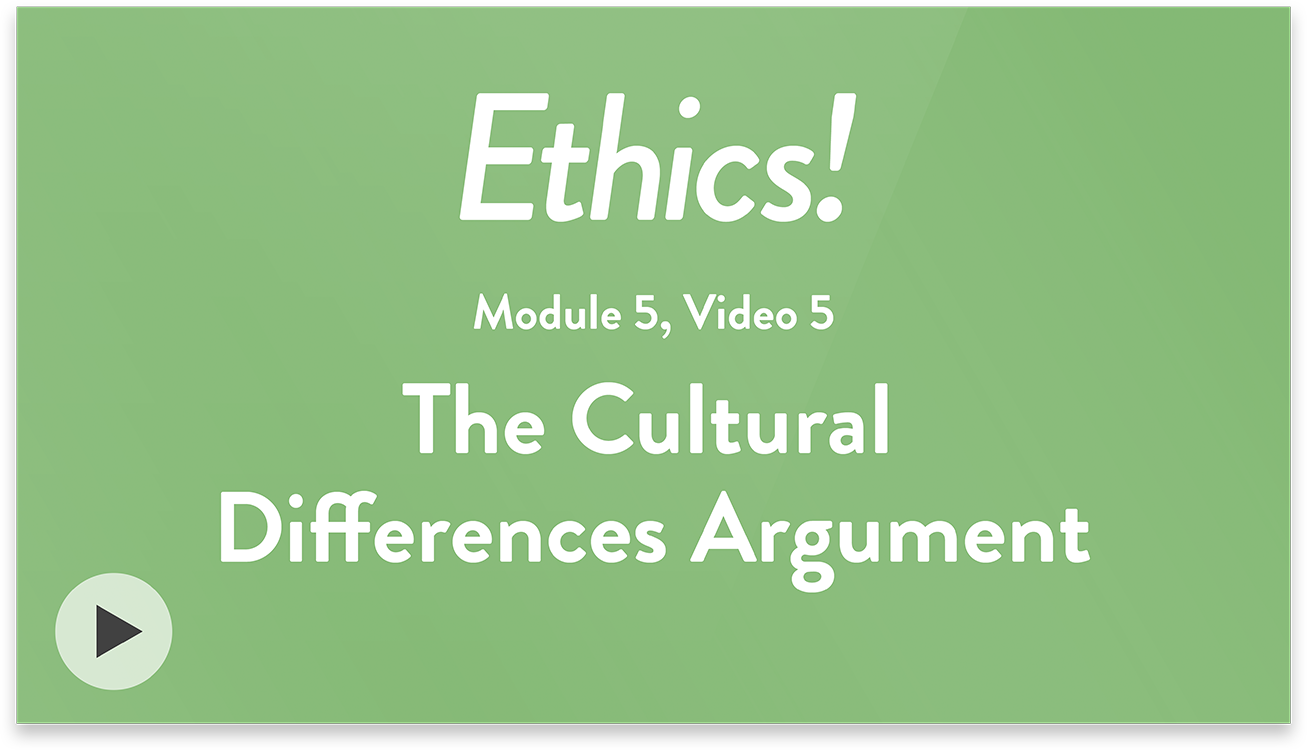
|
Video 6 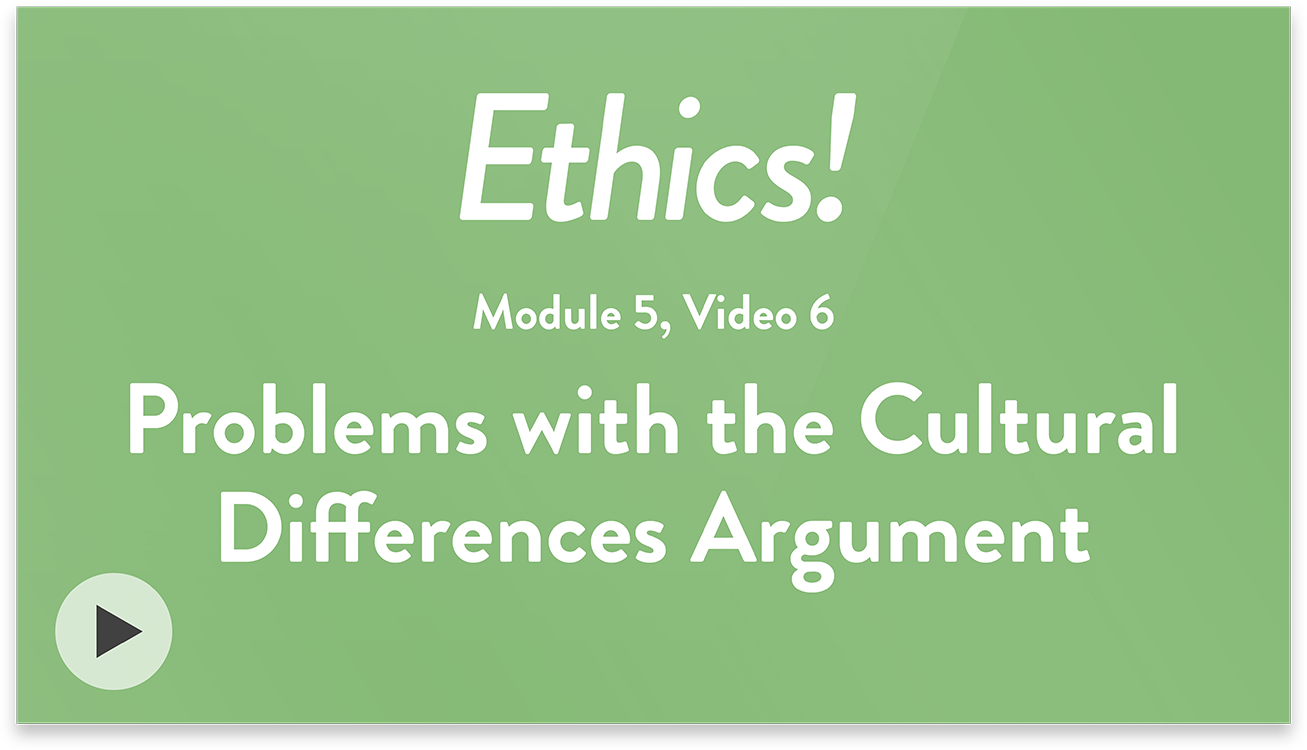
|
|
Video 7 
|
Video 8 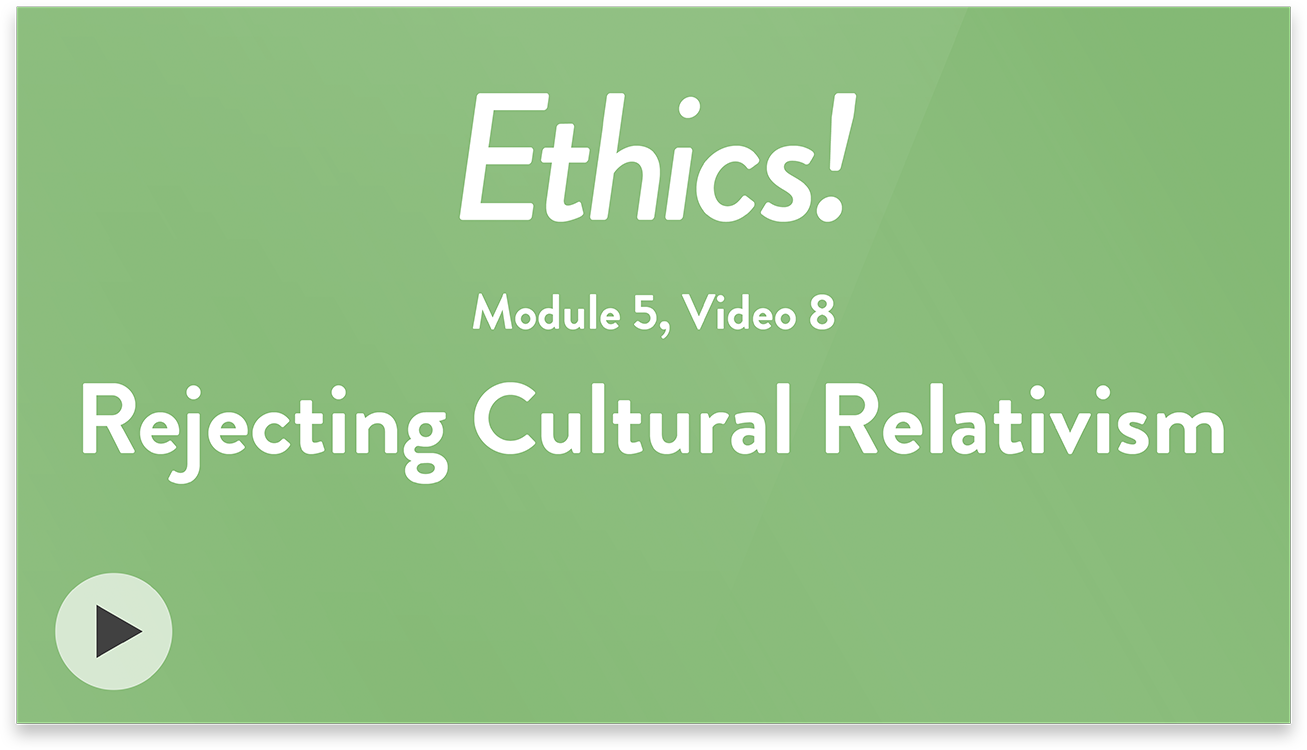
|
Do This:
|
Module 5 Quiz 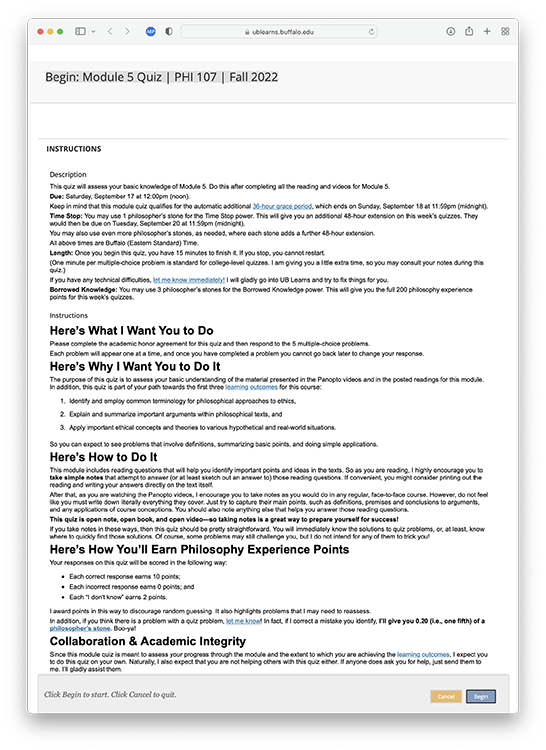
Due: September 17 |
Tweets for the Week 
Due: September 17 |
Curious for More? (Optional)
|
Anthropology and the Abnormal 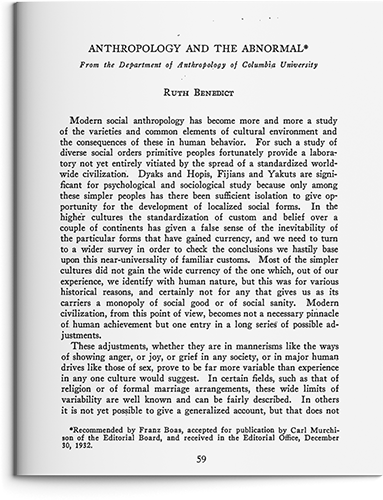
|


